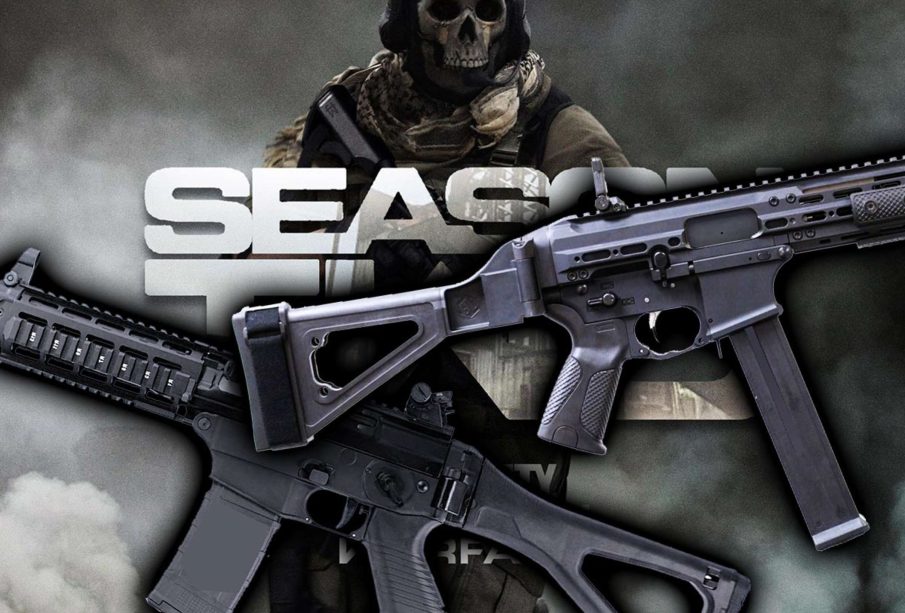The Evolution of Warfare in the 21st Century

Introduction to the Importance of Warfare
Warfare has always played a pivotal role in shaping nations and their histories. Understanding its evolution is crucial, especially in today’s context where technology and geopolitical tensions are rapidly changing the landscape of conflict. The ongoing shifts in the nature of warfare affect global security, resulting in significant consequences for both military and civilian populations.
Modern Trends in Warfare
Recent global conflicts highlight the transformation of warfare strategies. Cyber warfare, for instance, has emerged as a dominant form of conflict. With nations increasingly reliant on technology, cyber-attacks can cripple infrastructure without a single shot being fired. The conflict between Russia and Ukraine has demonstrated this shift vividly, where both sides employ cyber tactics alongside traditional military engagements, revealing the complexity of modern warfare.
Additionally, the rise of non-state actors has altered traditional warfare dynamics. Groups such as ISIS and Boko Haram not only engage in conventional battles but also utilize guerrilla tactics and social media for recruitment and propaganda, challenging state forces in unprecedented ways. This shift emphasizes the need for adaptable military strategies.
The Role of Artificial Intelligence
Artificial Intelligence (AI) is now at the forefront of modern warfare. Countries are investing heavily in developing AI for military applications—from autonomous drones to predictive analytics that can anticipate enemy movements. A report from the U.S. Department of Defense illustrates that AI has the potential to enhance decision-making, streamline logistics, and even conduct operations without human intervention. However, this also raises ethical concerns about accountability and the potential for unintended consequences in conflict.
The Human Cost of Modern Warfare
As warfare evolves, so does its impact on humanity. Recent studies, including those from the International Committee of the Red Cross, indicate an alarming rise in civilian casualties and displacement due to ongoing conflicts. Urban warfare now poses significant risks to non-combatants, as seen in places like Aleppo and Mosul. The importance of protecting civilians must not be overlooked amidst the complexity of modern military engagements.
Conclusion: The Future of Warfare
As we look to the future, the landscape of warfare continues to evolve. Nations must adapt to the changing dynamics brought on by technology, globalisation, and non-state forces. Policymakers and military strategists should focus on developing frameworks that ensure ethical practices in conflict while preparing for the multifaceted challenges of modern warfare. As this evolution unfolds, it will be crucial for societies worldwide to reflect on the true costs of war and strive for peaceful resolutions.









